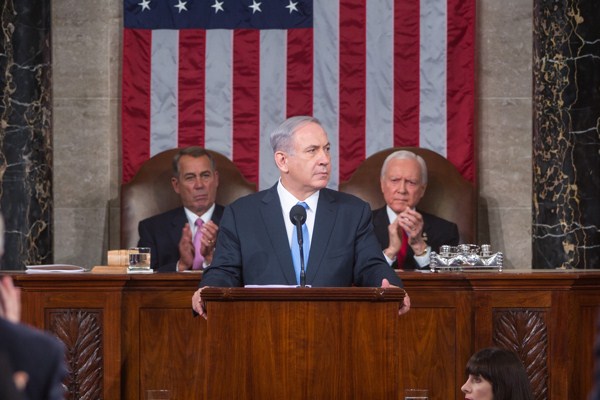Diplomacy has always had a long, hard slog in the effort to find a settlement of the Iranian nuclear question. That slog hit its latest obstacle yesterday: With the U.S. and its negotiating partners in the final stretch of trying to hammer out an agreement with Tehran, Israeli Prime Minister Benjamin Netanyahu addressed the U.S. Congress in an attempt to derail the deal.
That there is even the possibility of a deal for Netanyahu to derail is itself something of a testament to the negotiators’ Herculean efforts, given the initially diametrically opposed preferences of the two main interlocutors, the Islamic Republic and the United States.
Iran entered the talks refusing to give up any of the nuclear infrastructure it claims to have a right to possess under the Non-Proliferation Treaty, while the U.S. wanted to see Tehran give up its entire program. Over the years, a slow and hesitating convergence toward a compromise—over how many nuclear components Iran might keep and what level of intrusiveness Tehran would have to tolerate from international inspectors—has taken place. This shift has occurred amid tightening economic sanctions that have slowly asphyxiated the Iranian economy, even as the recent collapse in world energy prices left Tehran with far less wherewithal to absorb the impact of the international economic pressure.

